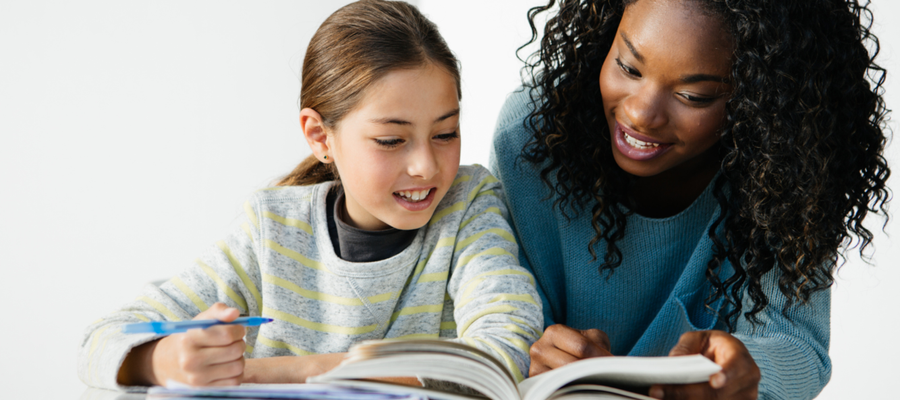As Managing Director of Ivy Education, award-winning private tuition and education consultants, and a long-standing partner working with Greycoat Lumleys, I am delighted to be able to share some insights on the possible situation regarding school fees following expected future changes in VAT policy implemented by a Labour government.
While figures fluctuate from year to year, the Independent Schools’ Council 2023 Census recorded 554,243 children attending independent schools in the UK, highlighting the growing need for specialised tuition services, accounting for some 6% of the school population. The Independent Schools Council has a register of over 1400 schools. Both these statistics have increased in recent years. Any changes in policy therefore will have an impact on a significant number of families.
As parents, you will understand the importance of thinking strategically when considering investment in your child’s education. This guide will not only consider the impact of changes in VAT policies, but also broader questions of the importance of Primary education in academic success; the best age at which to consider independent education to facilitate success in admissions to independent and grammar schools; performance comparisons between state and independent education, and how best to prepare for university admission.
Impact of Impending VAT Policies on School Fees
The Labour party’s current standing in the polls indicates a possible victory in forthcoming national elections. While no date has been set, the election must be held before 28 January 2025, and the consensus is that it will occur before the end of 2024.
Of course, there are no certainties in a democracy as to the outcome. Nevertheless, I want to consider the possible impact of a Labour victory on independent schools. The Labour party is no longer planning to end charitable status for independent schools, but their policy remains to charge 20% VAT on fees, and end business rates tax relief. This is likely to be implemented quickly, and certainly within the first year of a Labour administration.
What is the likely impact of this change on fees, and the continuing affordability of independent education for parents? Schools are unlikely to pass on the whole burden of the 20% VAT rate on to parents, as this could lead to a sudden drop in enrolments. They may be able to claim some of the VAT back that they spend on goods and services supplied to them, for example utility bills, repairs or maintenance. They may also be able to recover VAT charged on capital expenditure, for example new buildings.
Until a new policy is implemented and the detail is known, it is not possible to give exact figures. Nevertheless, it seems likely that an increase of 10-15% could be passed on to parents. This may well influence the way parents make decisions about their child’s education, including the right age to start their independent school journey.
Primary Education’s Role in Academic Success
In the light of these possible changes, what can parents do to ensure that they make the most of their investment in their child’s education?
The role of primary education, typically between the ages of 4-11, is central in building a solid educational base for future success. Not only are children learning the basics of literacy and numeracy they are most importantly learning how to learn, how to communicate and how to problem-solve. Alongside these skills, the right environment will also foster a curiosity for, and love of, learning. Research by psychometric test publisher AQR International found that pupils at ISC registered independent schools are more resilient, better at dealing with setbacks and as a result more open to learning.
Research such as the Effective Preschool, Primary and Secondary Education project, consistently finds that the academic effectiveness of primary schools influences academic outcomes at GCSE and beyond.
There are several reasons parents might choose an independent school for their child from a young age – smaller class sizes and better art, language and sport facilities are often mentioned. Another key reason is that they provide the best preparation for admission into secondary independent and grammar schools, especially for schools with an academic intake. Primary prep schools will help children prepare for entrance exams in a way the state sector cannot.
Performance Comparison Between State and Independent Education
There are of course good and less good schools in both the state and independent sectors, and factors such as family involvement and home environment continue to have a significant impact on attainment. Nevertheless, figures from Ofqual, the regulator of qualifications examinates and assessments in England and Wales, show that students from independent schools consistently attain better A Level results, with twice as many A and A* grades.
Schools are still dealing with the effects of the COVID pandemic, so trends can be difficult to identify. In 2022 the proportion of A* and A grades achieved at private schools fell by 12.4% narrowing the gap with state schools. In 2023 however, the proportion of A* and A grades was 2.6% points up on 2019 figures, a greater rise than that seen in secondary state schools. Academies and selective schools also saw an increase.
The picture is less clear at GCSE with many of the better state schools also doing well, and a fall in the top grades at private schools in 2023 compared to pre-pandemic grades from 47.2% to 46.6%. There is speculation in the media every year about perceived grade inflation, especially during and since the pandemic, and efforts to stop a year-on-year increase in top grades have resulted in an overall fall in 2023. Some independent schools have started a debate on whether to drop GCSEs other than maths and English and introduce their own assessments at 16, with Latymer Upper in London and Bedales announcing plans to do so. The schools believe that this will allow them to plan a smoother curriculum from 11 to 18. It remains to be seen how many schools will follow suit.
Independent Primary Education and Grammar School Admissions
State schools are not able to prepare children for independent or selective school entrance exams in the way that an independent prep school can. For many prep schools, their reputation depends in part on their success with helping children transfer to the best independent senior schools. They will be fully geared up to preparing their students to the rigours and challenges of exams which often go beyond the demands of the state primary Year 6 curriculum.
For children attending state primary schools, working with a tutor, such as the experienced entrance exam tutors at Ivy Education, can identify and bridge any gaps and help them prepare for entrance exams.
Considerations for Timing of Independent Schooling
The decision as to when to transition to independent schooling will depend on many factors, including the impact of fee increases and personal circumstances.
Enrolling your child in a private school from the beginning of their education will ensure a curriculum geared towards progress in the independent sector. It will also enable them to experience some of the benefits mentioned previously, such as smaller class sizes and better facilities.
It is worth remembering however, that prep schools that work with children until they are 11 will not necessarily help them prepare for the 7+, just to see them leave. Independent schools that take children from 7/8 and all the way through to A Levels often have the most competitive entrance process as parents see them as a way to avoid the 11+. While more schools are broadening their age range, entering the independent sector at 11/12, following the 11 plus exam, remains one of the most popular entry points.
Importance of GCSE and A-level Results for University Admissions
An important reason for many parents choosing independent schools is the belief that they give pupils an advantage in university admissions. As we have seen above, students from independent schools consistently achieve a higher proportion of A and A* grades at A Level.
It is possible to delay entry into the independent sector until the sixth form. This can provide the benefits of smaller class sizes, academic challenge, greater support with university admissions, which may help your child boost their A level grades and UCAS scores.
There are also first-rate state sixth forms and colleges, and without some of the catchment restrictions which operate at earlier stages, they may become more accessible. You know your child best, and whether they are likely to thrive in a fresh environment or benefit from consistency.
As well as excellent and experienced tutors, Ivy Education offer an educational consultancy service which can help you make decisions about transferring at sixth form, based on your personal circumstances.
Oxbridge Admissions and School Type Preferences
Increasingly, Oxford and Cambridge are aiming to diversify their intake and are encouraging applications from state school students. The share of students arriving at Oxbridge from UK independent schools fell from 36.9% in 2011 to 25.8% in 2020. During this same period, Ivy Education has seen an inversely proportional increase in its students applying to US Colleges, looking to broaden their opportunities beyond Oxbridge and Russell Group targets.
The situation is fluid and with the variables constantly changing it is difficult to identify trends for the purpose of general guidance. The universities state they are looking for the brightest students, and so may take into consideration any barriers that students have overcome. It is unlikely that a mass swing of pupils from independent to state schools at sixth form will have an impact on your child’s admissions success. Good grades at GCSE and A Level with a strong supporting statement and good performance at interviews will remain key factors.
There is no straight forward one size fits all solution as to when and if to enrol your child in an independent school, with pros and cons at every stage. What is clear is that knowledge is power and the best thing you can do is arm yourself with as much information about the different pathways and options as possible.
At Ivy Education we have expert consultants who can guide you through the process with advice tailored to your circumstances. They will get to know you and your child; advise about the suitability of individual schools, and make sure you have everything you need at your fingertips to inform your decision.
This guest blog was brought to you by Alastair Delafield, Managing Director of Ivy Education.
At Greycoat Lumleys, we offer unrivalled tutoring and childcare services, partnering with exceptional education consultants, Ivy Education.
Whether you require a private tutor or governess to help with your child’s education or a nanny to take excellent care of your little ones while you are away, we have a range of options to fit your requirements. Get in touch with our friendly team today, who will be able to find you the perfect candidate for you and your children


